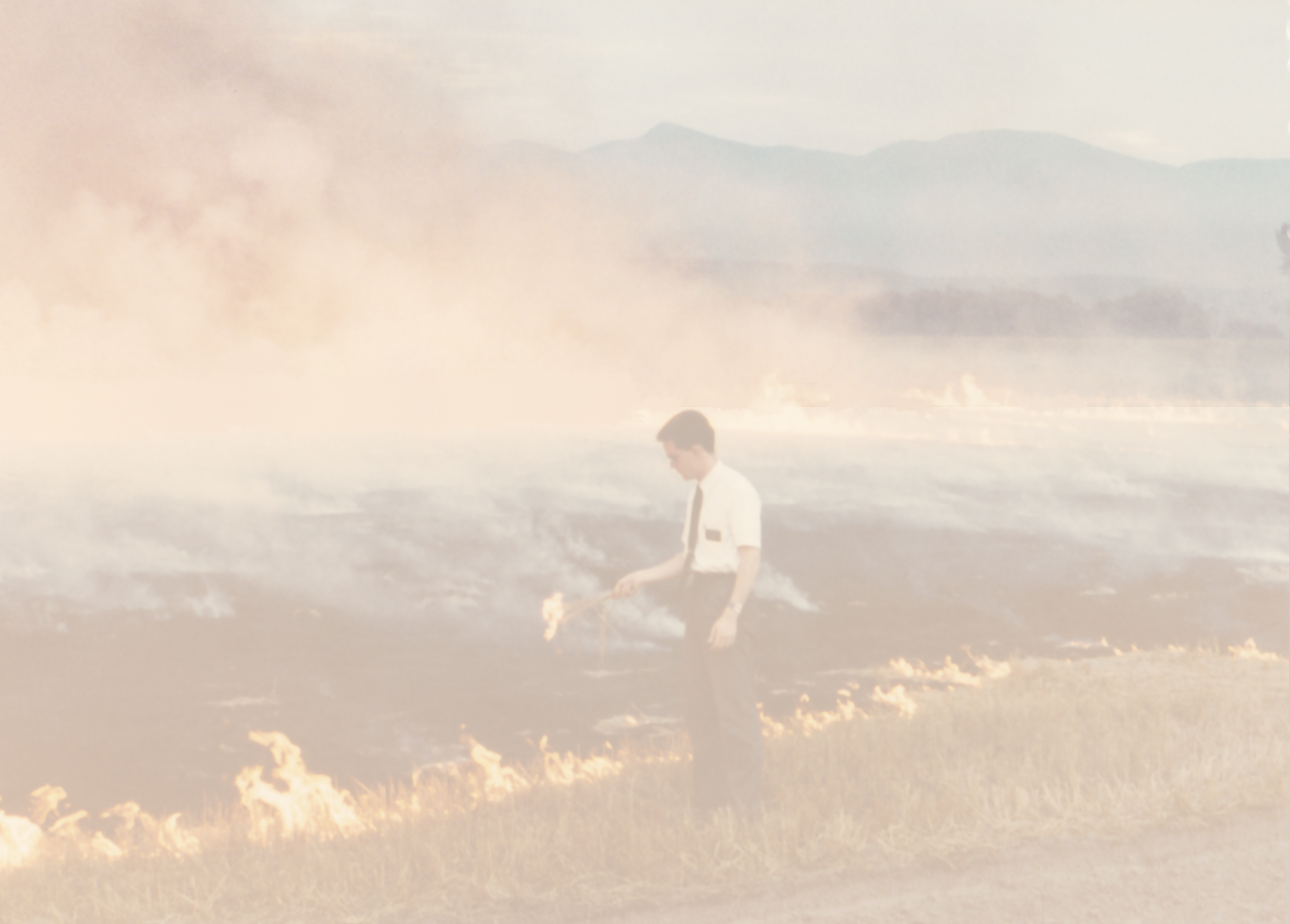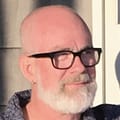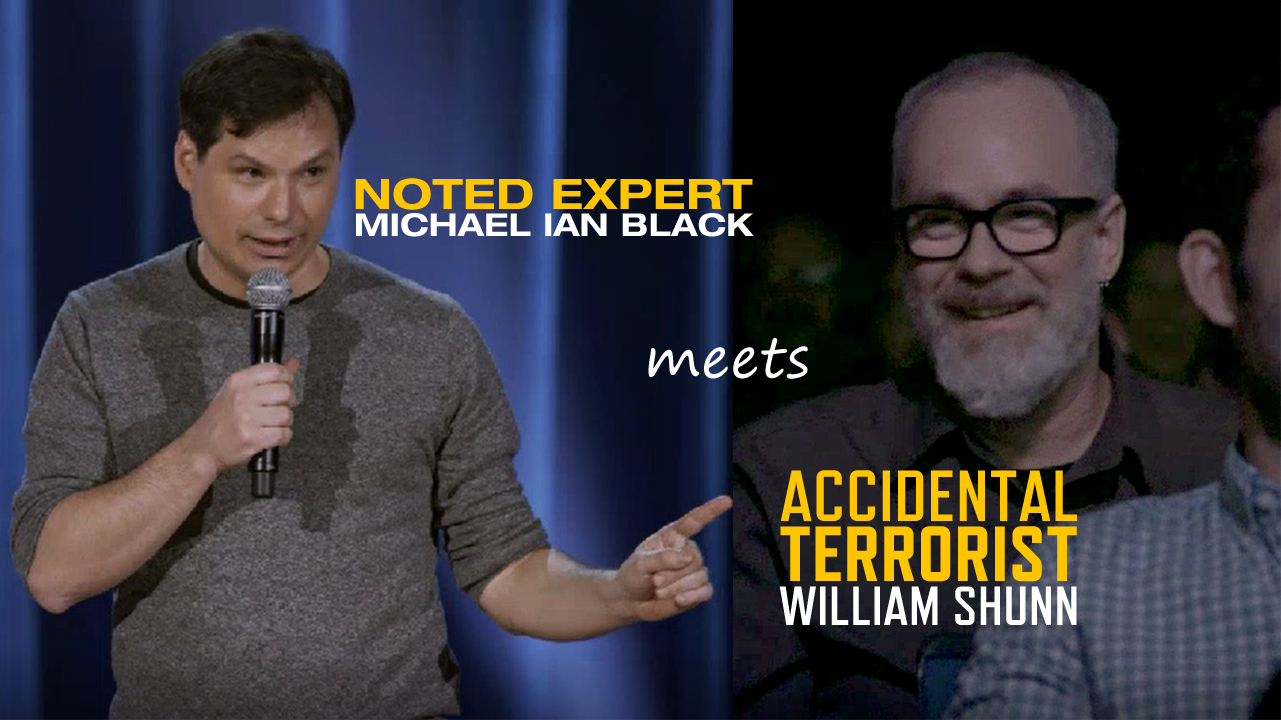previous: Prologue
It was a long time before I really understood what a Mormon was, or that I was one, or even that this meant I was different from most everyone else.
I was the first child born to Donald and Ann Shunn, who had married a scant year earlier after meeting and courting at Brigham Young University in Provo, Utah -- which is a good place for meeting and courting and getting married if you happen to be young and Mormon.
When they married in the Salt Lake temple on June 3, 1966, my father was thirty and my mother was perilously close to turning twenty-one. It was my father's seventh engagement. He once told me -- in the course of warning me away from whatever "unsuitable" girl was currently acting as my sweetheart -- that he held out for a woman like my mother because she was the one, if any of them could, who would get him into heaven.
(And here I was foolish enough to think that people should end up together out of mutual respect, shared interests, compatibility -- oh, yes, and love. Whap.)
My father's past is still not entirely clear to me. I know that he was born and raised in Los Angeles, that he was the fifth of six children, that his father was alcoholic and abusive, that his mother was a Mormon who tried to inculcate some decency in her children, that he played football in high school and college, that he ran with a questionable crowd, that both his parents were dead by the time he was twenty, that he spent some time in the Army in Germany, that he later returned to Germany as a missionary, that he quit that mission early because he saw so much hypocrisy amongst the other elders, that he worked as a cop for a while in L.A., and that perhaps he went to B.Y.U. with the idea that it would transform him from a sinner into a saint.
Because despite his fervor for the Church, it has always been clear to me that my father regards himself as the vilest of sinners, and he makes frequent reference to the fact that he is certain of going to hell. At the same time, it seems clear that he is determined that his children not suffer a similar fate, and so he uses every tool at his disposal to ensure that not one of the eight will go astray.
In my own humble opinion, this is a lethal combination.
My mother, with whom I have better relations, I know even less about, paradoxically. Everything I know says that her childhood was a good one. Her parents, who are still living, seem generous and kind. Both their lines come from early Mormon pioneer stock, and her father served for a time as a bishop. Her father was also an engineer for Bell Telephone, and the family lived in San Francisco, where she was born, New Jersey, and New York City, before settling down for the long haul in the outskirts of Denver. She still has a younger sister and a younger brother, though two other brothers died early in childhood. I don't think there was much question that she would attend college at B.Y.U. after graduating from high school. That's simply what you did.
I think my mother had precious little time to be her own person before being swept into marriage her junior year -- which is the big reason people go to B.Y.U. I think she still has precious little time to be her own person.
I've never been convinced that this is a marriage that would ever have taken place outside of a closed religious culture like Mormonism.
Be that as it may, the marriage happened, my parents moved to Los Angeles where my father began to teach, and then I happened along. Mormonism, of course, was fed to me as the absolute truth from day one. We attended church every Sunday, and one other afternoon during the week I attended Primary, a fun sort of "Sunday school" for kids where there were songs and games and lessons. We had a Family Home Evening every Monday night, with more songs and games and lessons. My mother read to me from a very young age, and among the many things she read me were simplified children's stories from the Bible and the Book of Mormon. My father helped me get through dinner by assigning tags to the number of bites left on my plate and reciting them with me: "Okay, you have twelve bites of potatoes left. That's twelve like the number of Jesus's disciples. Now there are only eleven, like the number of disciples after Judas Iscariot betrayed Jesus. Okay, that's ten, like the ten Lost Tribes of Israel . . ."
We also had the local missionaries over for dinner with some frequency, and no one ever missed an opportunity to tell me how exciting it would be for me to be a missionary when I was old enough to go. There was even a song about it in Primary:
"I hope they call me on a mission
When I have grown a foot or two.
I hope by then I will be ready
To teach and preach and work
Like missionaries do.
"I hope that I can share the gospel
With those who want to know the truth.
I want to be a missionary
And serve and help the Lord
While I am in my youth."
All this teaching had, I'm certain, its good side effects. By the time I was three, I could read on my own, I could add and subtract, and I was well on my way to figuring out what multiplication was all on my own. I knew all the planets in the solar system. And I also knew that the first four principles and ordinances of the gospel were faith in the Lord Jesus Christ, repentance, baptism by immersion for the remission of sins, and the laying on of hands for the gift of the Holy Ghost. At family gatherings, I would be frequently called on to show off all the amazing things I knew, but it seems to me that the most fervent praise was reserved for the religious platitudes I could recite.
My father and I were extraordinarily close during this period. I frequently went with him to the metal shop where he taught industrial arts at South Pasadena Junior High School. He sometimes took me to class with him at U.C.L.A., where he was working on his master's degree, and on occasion he even took me to see star shows at the planetarium. He kept his fast-receding hair cropped extremely short, and on one occasion when my grandfather took me to the barber shop, I asked for a haircut just like my dad's. (My grandfather had to call home to check that this was okay.)
In short, I worshipped my father. In fact, I credit those early planetarium visits, which we used to discuss for what seemed like hours, with planting the seeds that germinated in my love of science fiction.
By the time I was five, I had three younger sisters, Seletha, Tanja, and Greta. It sometimes seems to me that there was never a time in my childhood when my mother wasn't pregnant. My earliest memory, in fact, is of Seletha and me feeling my mother's tummy while Tanja was kicking in the womb. Procreation, though, seems to have been put on a temporary hold by my parents at about the time that I started school.
I was a scrawny, dome-headed kid, far too smart for my age, who had worn big thick glasses since the age of four. I was not in any danger of becoming overly streetwise, which I believe contributed, at least in part, to my parents' desire not to enroll me in a public school. Instead, they settled on the Good Shepherd Lutheran School, which I think was the closest to an affordable and religion-tinged private education they could find for me. It was at Good Shepherd that I began to realize that I was different from other kids.
It wasn't just the matter of being smart that set me apart, though that certainly contributed. No, it was the Mormonism. One day for show-and-tell I brought my father's German edition of the Book of Mormon -- or, Das Buch Mormon. No one seemed quite as impressed as I thought they should be, and my teacher said in what seemed a somewhat derisive way, "Oh, is that one of your Mormon books?"
Other points of friction came during the hour of religious instruction we had each morning. One day in particular, I remember Miss Rasch holding up three pictures. One showed a kindly, bearded old man in a robe and sandals. One showed a sunbeam piercing through a sky of clouds. And one showed a field of stars in outer space.
"Class," said Miss Rasch, "once there were three artists who were asked to paint pictures of God. Each of them had a different idea of what he was like, and these are the pictures they painted. Now, which one of them was right?"
I raised my hand first, as I usually did. This question was easy. After all, Joseph Smith had seen God and told people exactly what he looked like.
"The one that painted the old man," I said after I was called on.
"Wrong," said Miss Rasch. "Someone else?"
Well, I argued and argued, but I could convince no one, least of all my teacher, that calling a picture of a sunbeam God was silly and made no sense.
Slowly it dawned on me that there were people who didn't believe the same way that my family and all the people at church believed -- that there were a lot of them, in fact -- though it would still be some time before I realized that there were people who didn't believe in God at all.
But this all started some fairly disturbing thoughts to percolating through my five-year-old brain.
How in the world could I ever be sure that what my parents had taught me was true? Wait, of course it was true, my parents would never tell me something that wasn't true -- but how could they know, and what if they were just simply wrong?
I used to lie in bed and ponder the concept of infinity until I was frightened out of my wits, but this -- this idea was even bigger and more scary than infinity.
You can be sure I kept my mouth shut about it. I knew that thoughts like those were bad, and so I did my best not to have them.





